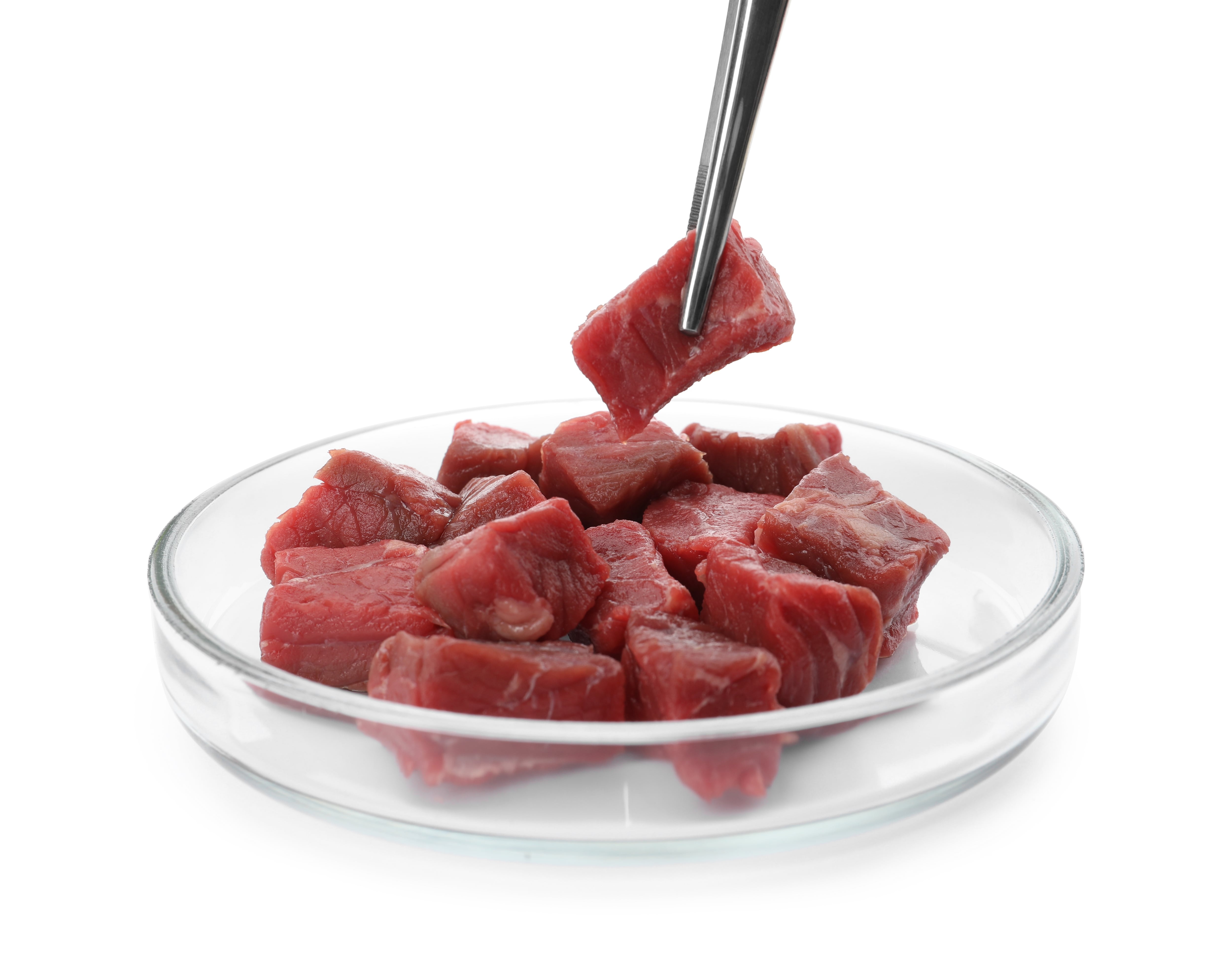Singapore-based Quality Meat and food innovation firm Nurasa have co-developed a new hybrid meat product – one that blends traditional meat with a proprietary plant-based protein system called Q-protein.
The collaboration, facilitated by Nurasa’s NuFood Concept Studio (NuFCS), aims to meet growing consumer demand for healthier, better-for-you options without compromising on taste and texture.
Joey Oh, General Manager of Quality Meat, said that the hybrid meat was developed in response to real market demand.
“We received feedback from both foodservice and retail channels about the growing demand for healthier options. Fully plant-based products haven’t gained wide acceptance, especially due to the differences in bite and texture.
“Our goal was to create something more nutritious but still enjoyable – something familiar, not a replacement, but a new protein option that is still meat.”
Oh’s company drew on Nurasa’s structured product development expertise to create a new protein format that combines the sensory familiarity of meat with the nutritional benefits of plant ingredients.
Healthier, sustainable protein
According to Nurasa CEO Guo Xiuling, Q-protein is not positioned as plant-based or traditional meat, but rather as a “quality protein” – a new category designed to bridge consumer expectations around health, taste, and sustainability.
“We don’t want to use technical manufacturing terms when speaking to consumers. “Hybrid” refers more to a production method. Instead, we feel “Q-protein” communicates better. The “Q” stands for “quality” — it’s not just about meat anymore, it’s about offering a quality protein,” said Guo, adding that the fats and proteins in Q-protein come from plant-based sources.
She emphasised that for the mainstream market, taste must come first. Retailers and food service providers are keen to offer sustainable and healthy products, but if the taste isn’t satisfying, uptake will remain limited.
“Our research shows consumers want healthier options that still taste great. Some people look for 100% plant-based, but mainstream consumers still prefer meat. So we approached this from two angles: we designed Q-protein to meet both needs.
“This is because despite advances in food technology, many plant-based or alternative protein products still fall short in taste, which limits their appeal beyond niche segments,” said Guo.
Guo clarified that the solution they’re working on isn’t strictly for flexitarians, as it’s not entirely plant-based. Instead, it leverages Q-protein to enhance conventional meat products by reducing cholesterol and saturated fat, while maintaining familiar cooking methods and flavours.
This approach offers a healthier option without requiring consumers to switch to entirely different proteins like seafood, which may present other barriers such as cost and allergies.
Gearing up for expansion
The Q-protein product was soft launched at FHA Singapore in April, with both retail and foodservice formats in development. Quality Meat has plans to scale production locally and export Singapore-branded Q-protein products abroad, using localised flavours to distinguish itself from competitors.
While initial marketing focuses on foodservice, retail expansion is underway, with variants like Q-protein meatballs and cheese-infused patties already being explored. Ultimately, the goal is to provide a healthier meat option that doesn’t ask consumers to compromise on taste or cooking habits.
Oh has plans to cater to both B2B and retail sectors.
She said: “Quality Meat already serves foodservice and retail, so we’ll do the same with Q-protein. It’s such a good product that we don’t want to limit it. It’s difficult to market healthier products, but that’s what makes this unique: you still get the satisfaction of eating meat, just in a healthier way.”
There are also plans to export these overseas and promote Singapore flavours at the same time, with Nurasa helping Quality Meat to expand globally through their networks in Europe and Asia.
“We have the facilities to scale and want to export Singapore-made Q-protein products. We’re exploring localised flavour profiles like goreng berempah to carry Singapore’s identity overseas.
“As a manufacturer, I can customise flavours, whether local or Western. We have rendang, tandoori masala, kampong, and even New Orleans flavours.
“We also price competitively. It will cost around the same as real meat because we use real meat. Consumers don’t want to pay more for something that doesn’t taste like meat.”
Oh emphasised that the goal is not to replace any existing proteins like traditional meat or plant-based analogues. Rather, it is another option for consumers.
She likens Q-protein meat to Sakura Chicken – a brand of chicken known for being raised using advanced Japanese lactobacillus farming technology, which helps improve the chickens’ immunity and digestion.
“Q-protein is made from plants, so it’s a natural and healthier option. It’s similar to how Sakura chicken has become popular in local supermarkets.
“Because Q-protein contains some plant-based elements – though I can’t reveal the exact percentage – it significantly reduces the carbon footprint. But we’re not cutting down on meat completely. The goal is to blend it well so the bite and texture of real meat are maintained.
Priced competitively with conventional meat, the product is positioned as a healthier alternative rather than a plant-based substitute.
“Think of it like adding a new SKU under the meat category. You have chicken, beef, and now Q-protein. It’s not a replacement, just a healthier version. Like how Coca-Cola introduced stevia-sweetened Coke – it’s still Coke,” said Oh.





